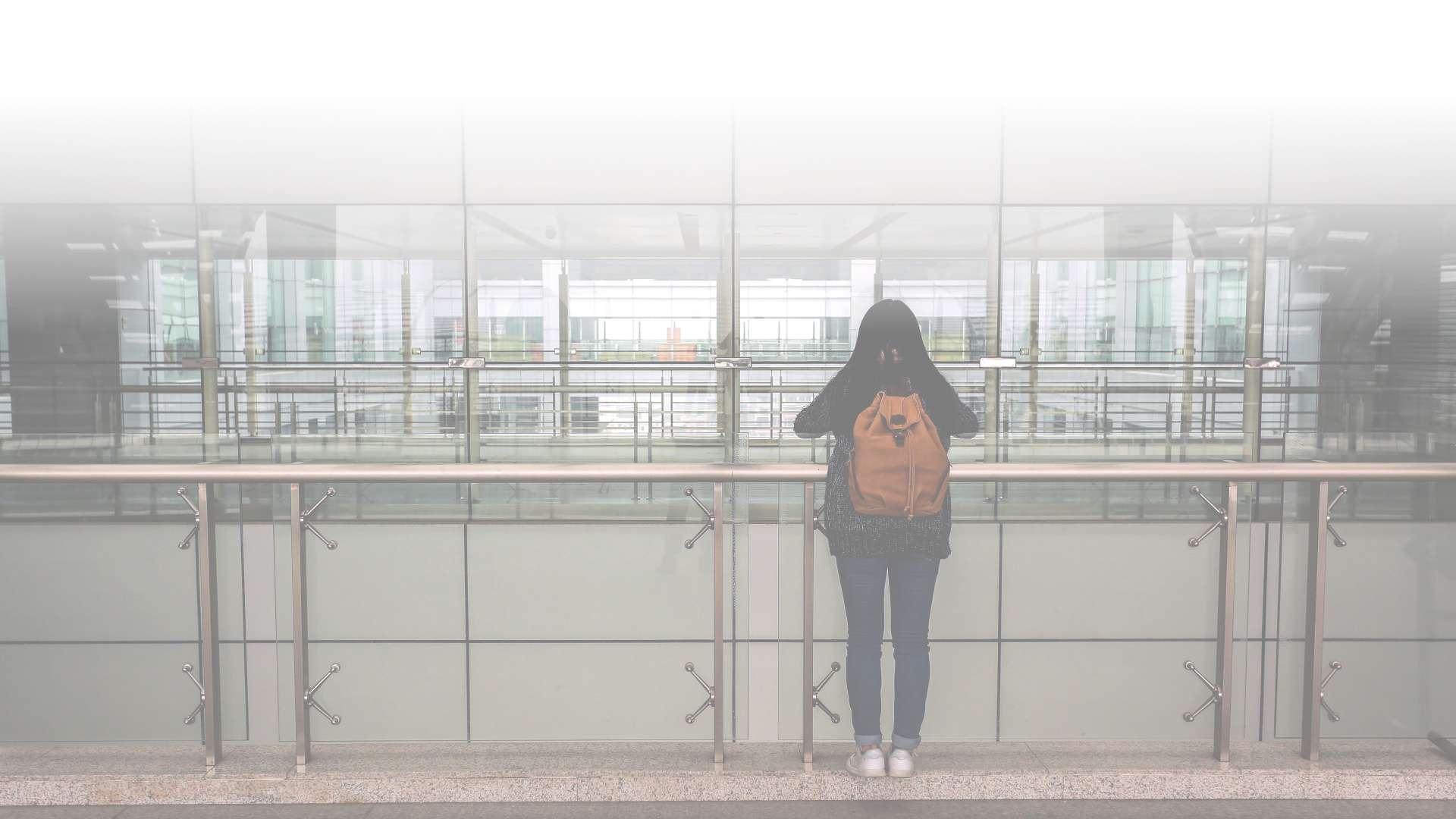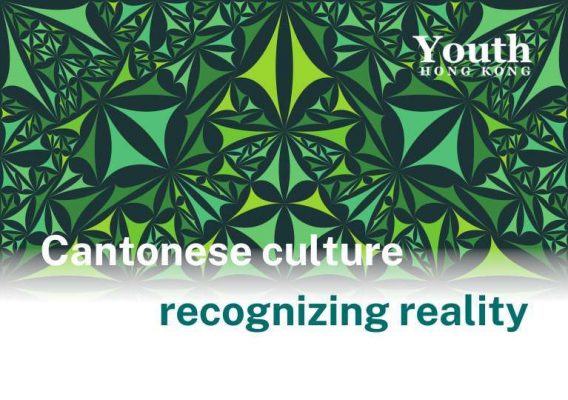//vol.14-2 Youth speak
- Policymakers and some other members of the older generation are urging young people to look outwards to mainland China and the world beyond Hong Kong for their future.
- Those who reflect on their circumstances often find it hard to see clear pathways.
- Recognizing their professional potential, these voices of young adults in their 20s and 30s reveal concerns about the future of their city.
- 當政策制定者或上一輩都在敦促年輕人應將未來放眼於內地和香港以外的世界時,他們可否先聆聽青年對個人前景,以至這個城市的種種迷惘和憂慮?
- 大部分青年均有意在5年內赴海外發展,包括歐洲、新加坡等地,亦有人正為移民與否而煩惱。
- 有青年提到,無論日後身在何地,仍希望盡力捍衛特色文化、人權自由等香港重要文化和核心價值。
At a time when Hong Kong reaches its 25th year as a Special Administrative Region, residents of all ages ponder the years to come. While some hope for a new start, many young people say that for them would mean being free of boundaries, finding better life-work balance and having the chance to work on something they love. Still, they treasure their unique heritage and culture, see pats of it disappearing and want to preserve what’s left before it’s too late.
Camila is 24. She is a journalist by profession and her thoughts turn westwards for the future.
An aspirational young lady, Camila wants to use her skills and experience in the media world to make a good impact on the society to which she belongs.
Nevertheless, the boundaries and challenges to social mobility in Hong Kong cannot be denied, she says. “I would say the greatest hurdle is the fast-changing social and political environment. It has been really difficult and uncertain for me. As a youngster trying to plan my future career in Hong Kong. I want to explore and in five years’ time, I think I would like to be working in Central Asia or Europe but whether to emigrate or not is one of the key factors.”
Wherever she goes, the values Camila grew up with in Hong Kong will go with her. “The uniqueness of Hong Kong includes free speech and freedom of the press.” The city’s independent judicial and legislative system are also part of its uniqueness, she says. “Given its historical background as a British colonial city, we were promised certain privileges and human rights but because of the severe political system, they have been eroded in recent years.”
In order to do that, I study and read and never set boundaries for myself.
For a mature public discussion on such topics, Camila recognizes how important it is to stay well-informed. “I think the only way to preserve our unique culture and heritage is to start with our own daily lives. Regardless of how small a step we might take, by reading more and knowing more, we can stay united with others and hold onto our values.”
Adam is 24. He believes that his city is still full of job opportunities and wants to work here in the public-service sector.
I studied social sciences at university and hope that by working in the public service sector I can use what I learned to contribute to the city that I was born and raised in.
He says unaffordable housing is a big hurdle in the way of upward mobility in Hong Kong. “No matter how hard I work, I’ll still be unable to afford my own home, let alone move up the social ladder. More subsidized housing is needed and that’s the government’s responsibility.” Private housing will never get prices down in the next few years, Adam says. “The government owns a lot of land that could be put in better use.”
Adam also places great value on having exposure to as many cultures as possible. “I’ve always been thrilled to meet people of different cultures, to learn their languages and customs. The world is a much bigger place than we can imagine, and there are countless cultures, countless possibilities to be explored.
On the subject of culture, Adam thinks Cantonese could disappear. “I want to do what I can to keep the language alive. It has a unique beauty and represents the people of Hong Kong. It also has a rich history that goes back centuries, yet it has features that show how strongly multinational culture has influenced the city. So I’ll also continue to support local films and Cantopop because I think these are the most influential platforms for Cantonese but I also want to teach it to my future kids and my foreign friends.”
Even though he loves to travel, for Adam, it’s Hong Kong food that best represents diversity. “You can be in a fancy western restaurant one minute and the next you can be sitting in a local tea shop enjoying good value food like dry fried beef noodles and Hongkong-style milk tea. There’s no place like it.”
35-year-old Luca is a designer whose future lies in London’s creative media industry.
There are big barriers to upward mobility wherever you are, Luca says. “But in Hong Kong, I already see too many competitors in the creative media sector and hope there will be more government subsidies available to support it.” He says that there need to be cheaper venue rentals for events. “With these and through education, more young people would be encouraged to join an industry that reflects our cultural background.”
Cantonese culture is represented best by its language, including slang and song lyrics. You can find a wonderful outlet for creativity in locally-produced videos, where there are artists playing with words in English, Cantonese and Putonghua.
Where work is concerned, he is realistic and recognizes how important it is to have a stable job to support a young family. “My greatest hope in life is to be able to create without any financial burden.”
Luca has the courage to seek a new start overseas, but he will take his language skills with him. “I am afraid that Cantonese will be replaced by Putonghua in Hong Kong very soon, so when I create my art, especially when I draw, I will use Cantonese slang and try to help keep the Cantonese language alive by using it, wherever I am.”
Rita is 31. She works in marketing and advertising.
In five years’ time I would be happy to be working in Hong Kong Singapore or Shanghai. I believe all three of these Asian cities are full of potential for people like me.
Despite the upbeat note, Rita says she thinks Hong Kong’s competitive advantage is no longer as strong as it once was. “Opportunities to benefit from international trade and business have decreased.” The government and the private sector together should be offering support in response, she says, “More programmes need to be designed for 30- 40-year-old talented people so that they can start up new businesses and embrace new trends.”
While thinking of ways in which she might make a new start, at the same time, Rita is looking back at Hong Kong’s heritage and recognizing how important it is to preserve history. She realizes that Hong Kong architecture represents ways in which Hong Kong lived in the past.
“The redbrick buildings, places like Yau Ma Tei police station and the fruit market, they’re authentic examples and they embody thousands of stories in the texture, colour and shape of their structure. I don’t like to simplify Hong Kong culture by saying it’s just ‘West meet East’. The history of small, neglected groups of Hongkongers is an integral part of its architecture and that history can easily be forgotten.”
As well as wanting to preserve Hong Kong’s heritage, Rita hopes for balance in her life. “What I want most is the freedom to work with passion while working for passionate reasons. In order to achieve that, I must love what I do in life.”
Kwong-chiu, aged 31 like Rita, expects to continue working in the IT field for the next few years.
If given the choice, Kwong-chui says he wants to be working in Singapore in five years’ time. “My greatest aspiration in life is to use my knowledge to help the society to become a better place. To achieve that goal, I will do my best to continue learning and working on meaningful ideas.”
“Our efficiency and language, the flexibility of our business environment and the freedom to share information, these are what represent Hong Kong culture best.”
I run my own business and see the freedom to share information as a keystone of Hong Kong’s unique culture. But I think it is the one that is most likely to disappear in the coming years.



